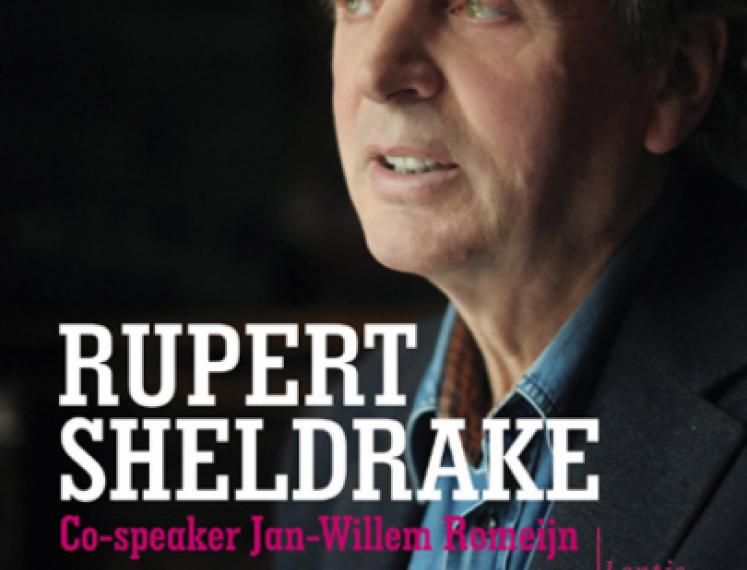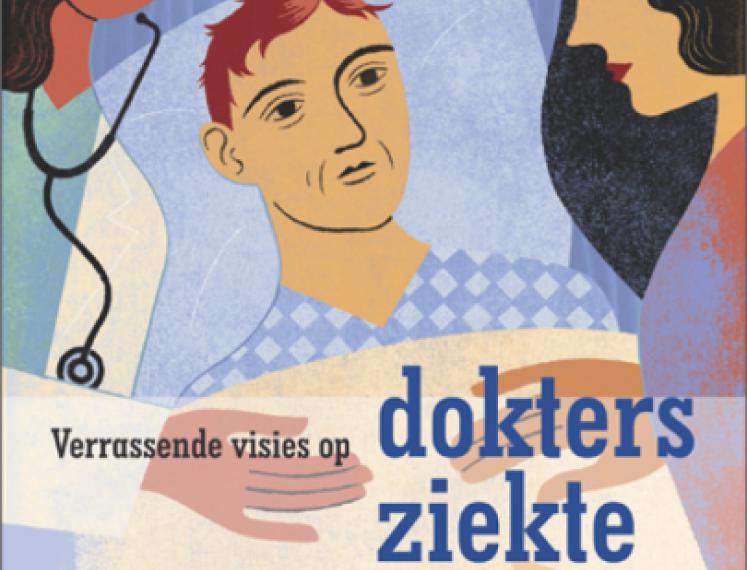The Science Delusion - Freeing the Spirit of Inquiry
Rupert Sheldrake turns the ten fundamental dogmas of modern science into questions, opening up startling new possibilities.
The science delusion is the belief that science already understands the nature of reality, in principle. The fundamental questions are answered, leaving only the details to be filled in. The impressive achievements of science seemed to support this confident attitude. But recent research has revealed unexpected problems at the heart of physics, cosmology, biology, medicine and psychology. In his new book, Rupert Sheldrake shows how the sciences are being constricted by assumptions that have hardened into dogmas. In the skeptical spirit of true scientific enquiry, Sheldrake turns the ten fundamental dogmas of science into questions, opening up startling new possibilities. For example, the ‘laws of nature’ may be habits that change and evolve. The Gravitational Constant may not be constant. Minds may extend far beyond brains. The total amount of matter and energy may be increasing. Memories may not be stored as traces in our brains. Sheldrake argues that science would be better off without its dogmas: freer, more interesting and more fun.
Co-speaker Jan-Willem Romeijn is professor of philosophy of science at the Groningen University. Against Sheldrake’s statement that science is being constricted by dogmas, he will argue that scientific activity is characterized more aptly as disciplined open-mindedness. Modern science in fact challenges many of our common sense beliefs. Moreover, there are good reasons for holding on to some core assumptions, because they help us to maintain a critical stance.
Rupert Sheldrake, Ph.D. is a biologist and author of more than 80 scientific papers and 10 books. His new book The Science Delusion (January 2012) was sold out within a few days. In Seven Experiments that Could Change the World (1995), Dogs that Know When Their Owners are Coming Home (1999) and A New Science of Life (2009) he wrote about the unexplained powers of animals and his research on morphic fields, morphic resonance, telepathy and other unexplained phenomena. He was a Fellow of Clare College, Cambridge University, and from 2005-2010 the Director of the Perrott-Warrick Project, funded from Trinity College, Cambridge.
This lecture is organized in cooperation with the Lustrumconference Integrative Psychiatry of Lentis and with financial support of Slow Management magazine.
Interesting links
Website Rupert Sheldrake
Rupert Sheldrake on YouTube:
How dogs know when their owners are coming home
The Extended Mind: Recent experimental Evidence (lecture)
A New Science of Life (interview): part 1 and part 2
Debate with Bruce Lipton
Rupert Sheldrake in A Glorious Accident (Dutch tv): part 1 and part 2
Over Jan-Willem Romeijn
RUG Docent van het jaar: Jan-Willem Romeijn!


